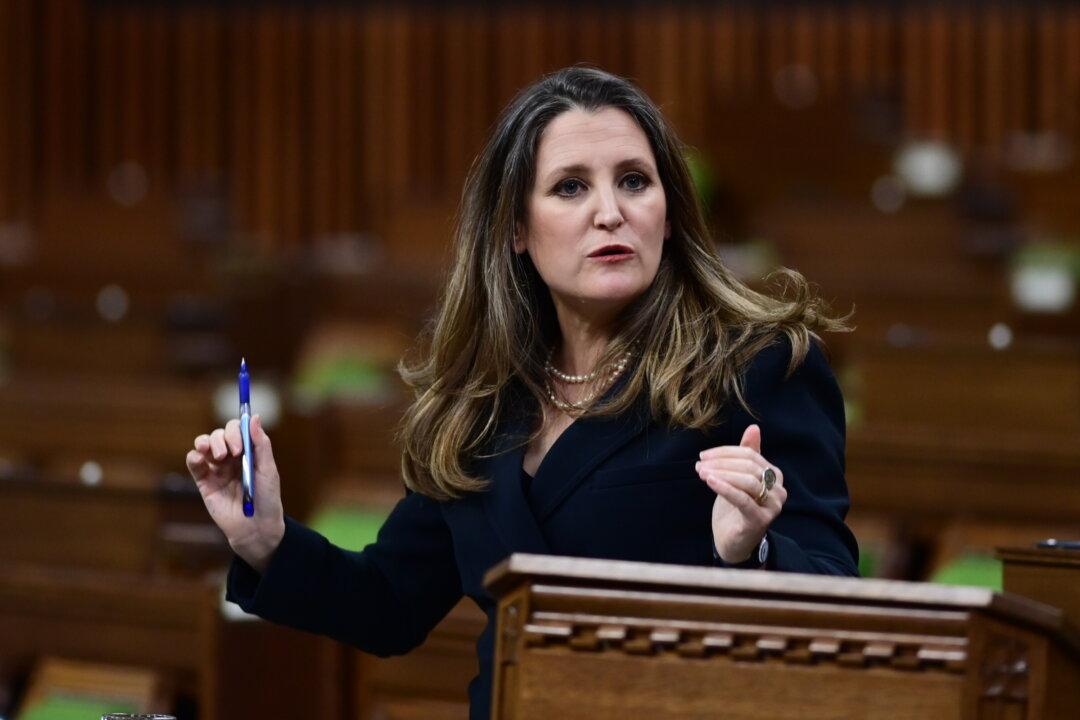Industry participants in the supply chain for products vital to Canada’s long-term economic success and security say Budget 2021 did not go far enough to ensure the country remains resilient and globally competitive.
COVID-19 has forced nations to re-examine their supply chains and manufacturing to ensure critical goods are available in sufficient quantities to meet their citizens’ rapidly changing needs. It has also advanced the pace of technological adoption.
In the April 19 budget, the feds noted that reciprocity in procurement partnerships is another approach it will be taking to fortify Canada’s supply chains.
“The government will pursue reciprocal procurement policies to ensure that goods and services are only procured from countries that grant Canadian businesses a similar level of market access. This will protect Canadian supply chains,” according to the budget.
A relevant example is the COVID-19 vaccine-development partnership between Canada and a Chinese firm that was abandoned last August due to Chinese customs not approving a shipment of vaccines to Canada for phase one clinical trials.
Conservative shadow minister for public services and procurement Pierre Paul-Hus said China proved to be an untrustworthy partner and that was a bitter setback for Prime Minister Justin Trudeau’s government.
“I find it a bit rich for Justin Trudeau to announce that his government will now pursue reciprocal procurement policies,” Paul-Hus said in an email to The Epoch Times.
Public Services and Procurement Canada did not respond to a request for more detail on reciprocal procurement, as mentioned in the budget.
‘Comprehensive, Targeted Manufacturing Strategy’ Missing
Canadian Manufacturers & Exporters (CME) noted some of the positive steps the budget took to help its industry recover from the pandemic, but CEO Dennis Darby said there’s “not enough in there to move the needle and drive long-term growth.”
“Longstanding requests from CME to significantly drive technology investment and scale-up and commercialization through a comprehensive, targeted manufacturing strategy are largely missing,” according to a post-budget CME press release.
CME pointed out that the government’s own Industry Strategy Council recommended such a strategy. The council was created last May to assess COVID-19’s impact on the economy and to gather the business community’s input.
In its October 2020 report, the council recommended that Canada “follow the examples of our peer countries and apply a national security lens more broadly to drive domestic procurement in areas critical to the well-being of Canadians, such as transportation, energy, bio-technology, and life sciences.”
It added that if the government is the first buyer of made-in-Canada innovations in these spaces, that would enable firms to grow faster and enhance export potential.
The United States has been on a path of bolstering its supply chains given the threats and dominance from China.





